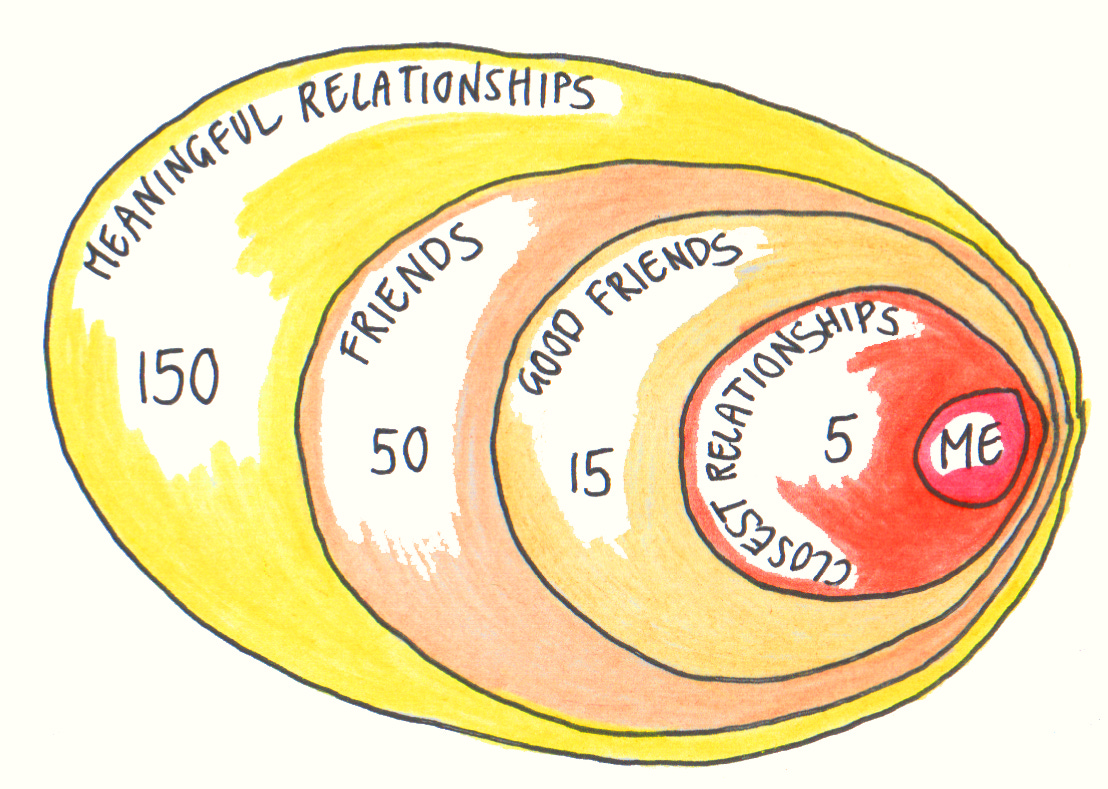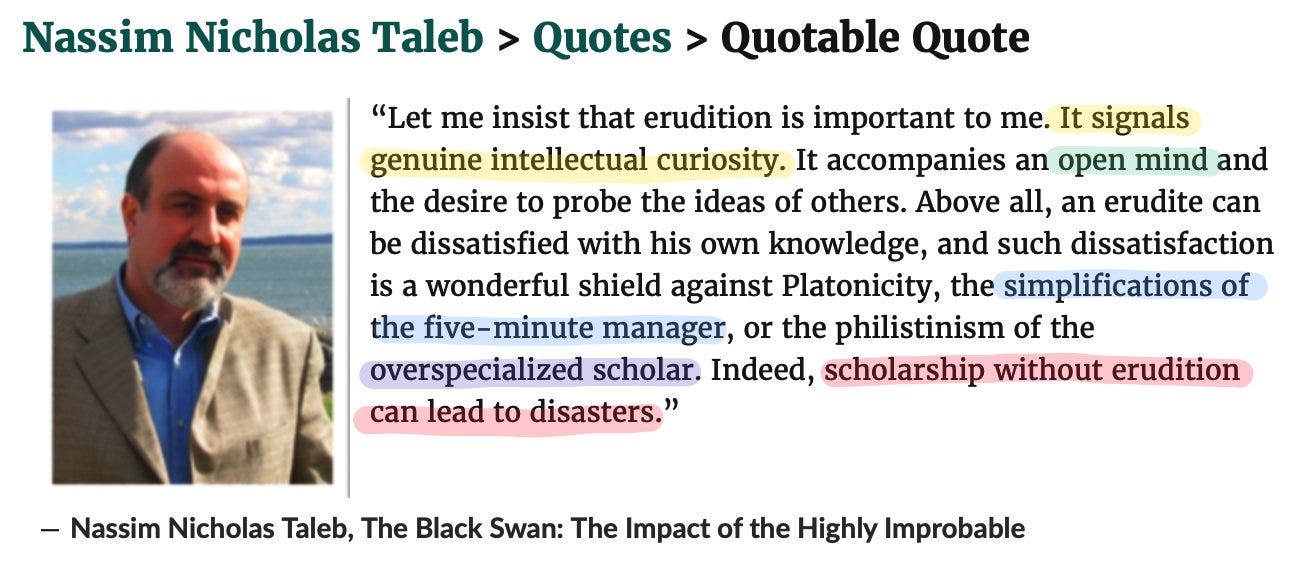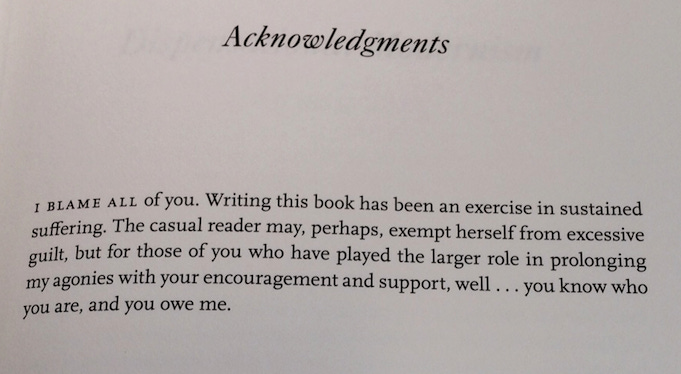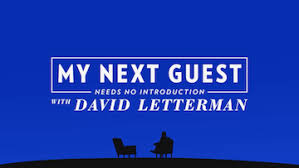Hi there,
Of late, I have been pondering about networking. It has cropped up numerous times in my conversations this week.
A friend summarized her job hunt experience as, “The chances of getting a quality job in these modern times are 9 out of 10 times pinned on who you know.”
I attended a webinar where Fred Swaniker, the Founder of The Room, in a conversation with Masai Ujiri, the President of the Toronto Raptors made an interesting remark.
Our study of success shows that no one makes it on their own, no matter how good your skills are.
If you don’t have access to the right networks, someone who believes in you, someone who invests in you, someone who opens the door for you, who creates opportunities for you, you won’t be able to achieve your mission.
He further summed it up with a brilliant question.
Celebrities and athletes have always had agents who open the doors for them.
What if the most ambitious doers in the world had agents? People who could serve as their ambassadors, connectors, advisors, door openers, what more could they do to impact the world?
Masai Ujiri, in his response to the question “Who has been your pathfinder?”
It’s a very unique question and I’m going to give you a unique answer. My answer is the community. And it’s the community from every level. From my parents in their role in my character development to the African Leadership Network (ALN).
You can watch this exclusive interview here.
Building upon my piece on the value of Weak Ties, we further look at our relationships with our wider network in shaping our success.
Here we go!!
Social Spheres
Imagine you had a cat called Savvy. Imagine all the memories you had both good and bad. How she cuddles you. The first time she killed a bug and ate it. How she looks at you in the dark.
One day Savvy dies due to a mysterious disease.
You move to a bigger house and decide to get 3 more cats to create a cat-a-lyic environment. Sicy is affectionate and a little shy. Nduma is as aggressive as they get. Bob is the cool guy with perfect timings.
Now imagine, you had hundreds of cats.
How many cats would you have to own before you couldn’t remember their personalities?
At what point, in your mind do your beloved cats become just faceless clowder?
How many cats would it take to before you stopped caring?
There is a study that provides an answer.
Dunbar’s number provides the ‘theoretical suggestive cognitive limit to the number of people with whom one can maintain stable social relationships.’ That number, whether in real life and social media, is somewhere between 120-150 relationships.
Yes, that’s right, you have the capacity to know and keep social contact with roughly 150 people – outside your immediate circle.

It is underwhelming reading this especially if you’re on the low side of the scale and already thinking “I already know too many people. I can barely keep up.”
Of course, reaching the 150 mark doesn’t translate to a higher quality network. Quality in relationships goes hand in hand with time and value investment. But on the flip side, having a wide network is a vector of optionality.
It’s interesting to read how Robin Dunbar arrived at this number in 1992. I don’t want to get into the deets but it comes down to a correlative ratio between a primate’s brain size and group sizes. Equally interesting is to read is how this number translates to today’s social media network.
However, irrespective of the size of our network, the Pareto Law of Networking remains our tribe.
In the words of motivational speaker Jim Rohn,
You are the average of the 5 people you spend the most time with.
The number 5 is a derivative from the law of averages out of people we interact with on a day to day. Our 5 closest relationships influence our headspace – interests, attitudes, and behaviours.
Going back to Masai’s answer on “the community”, I believe we should equally account for the tribe. It’s just as important. The tribe consisting of 10 to 50 people provides that breadth of self-expression, cultural scene, valour, and a usually forgotten element of group creativity.
Kevin Kelly sums it perfectly through his idea of the scenius or communal genius.
Scenius, like genius, talks about the collectives – rather a tribe’s extreme creativity that groups, places or “scenes” can occasionally generate. Scenius stands for the intelligence and the intuition of a whole cultural scene. It is the communal form of the concept of the genius.
Individuals immersed in a productive scenius will blossom and produce their best work. When buoyed by scenius, you act like genius. Your like-minded peers, and the entire environment inspire you.
Next week, we are going to talk about localism in social networks.
Best Stuff I Read
1. Education? Which Kind.
There are two kinds of education, but we treat them like the same thing.
1) Vocational training: Schools should help students find a job quickly.
2) Becoming cultured: A high-minded approach centered around art, music, and philosophy.
Finish #1, work for a bit, then start #2.
The second kind of education should not be mandatory, even though it’s more interesting.
It’s an “erudite” approach that trains you for intellectual conversations by giving you a solid foundation in ancient languages, history, mathematics, astronomy, art, music, and literature.

Nassim Taleb makes a wonderful distinction between the two approaches:
1) Education to do things: Engineering, medicine, accounting, law, and plumbing.
2) Education to be civilized: Literature, philosophy, poetry, abstract math, history, and stamp collecting.
—> Full Post.
2. Acknowledgments

The unusual book acknowledgment is written by Brendan Pietsch in her book Dispensational Modernism.
This was forwarded to me by Mutwiri and my response was “It’s the loyal & critical long-term readers who turn up the pressure.”
What I’m Watching

Name a better classic interviewer than David Letterman?
If you’re enjoying my Bits by Muigai newsletter, I’d love it if you shared it with a friend or two. You can send them here to sign up and get a feel of the past editions.
Always feel free to shoot me an email at (muigai@solomonmuigai.com) with questions, critiques, half-formed ideas in need of a jack to bring to life, or just to say hey.
Until next Saturday, have a happy weekend.
Solomon Muigai.